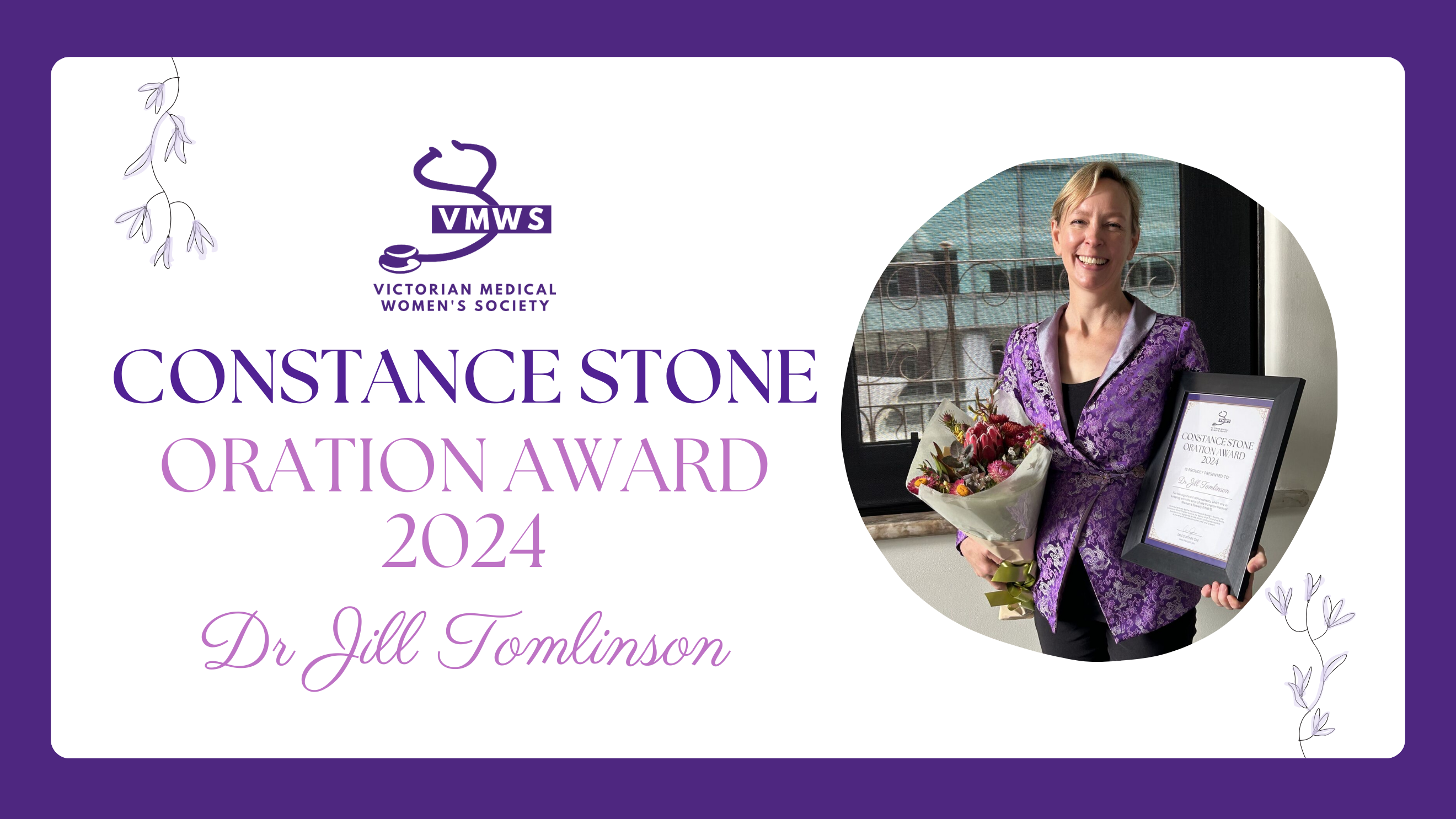There are two laws in Victoria that provide employees with protection from sexual harassment. They are the Equal Opportunity Act 1995 (Vic) and the Sex Discrimination Act 1984 (Cwlth). By law every worker has the right to be safe and free from risk of injury when they are at work. If you are experiencing violence or bullying in your workplace, then you are not safe. Being employed does not give your boss or co-workers permission to assault, threaten, harass or repeatedly bully you. Behaviours that can be sexual harassment
include:
– Name calling (e.g. slut, bitch)
– Asking personal questions (e.g. Do you have a boyfriend? Did you have sex on the weekend? Do you like sex?)
– Brushing up against someone; kissing you; touching you
– Asking you for sex
– Indecent assault
– Showing you pornography, or leaving it where you will see it
Under the law, the motive (intention or reason) of the harasser, or person discriminating against you, is irrelevant. Just because some behaviour may be tolerated by others in your workplace does not mean you have to put up with it. Workplaces that have an atmosphere or culture that is
sexually permeated or hostile may be called sexually hostile work environments. Such an environment is also considered a form of sexual
harassment. Things that can indicate a sexually hostile working environment may be:
– Display of pornographic materials
– Consistent talk about sex
– Crude conversation and jokes
– Sexual innuendo
Most hospitals have guidelines regarding sexual harassment and guidelines that outline how to make a complaint. Usually these are available on the intranet and complaints are made via the hospital Human Resources Department. If you are being harassed you should keep a diary of the behaviour, and keep evidence like notes, pictures, and hard copies of emails. In the event that you make a complaint this evidence will be valuable in supporting your claim of harassment.
If you are unsatisfied with your employer’s response you can apply to get what is termed aremedy via the Equal Opportunity Commission of Victoria (EOCV). A remedy can involve compensation, an apology and the harasser and/or workplace undergoing training in sexual harassment prevention. An application made under the Sex Discrimination Act is made to the Human Rights and Equal Opportunity Commission (HREOC). There are differences between these two laws, so you should obtain legal advice about which one to choose. The time limit for making an application under either law is 12 months.
Your employer has a duty of care in relation to your health and safety at work. This duty is strengthened by Victoria’s Occupational Health and Safety Act 2004 (OHS Act), which sets out duties for employers including: section 21 (1) An employer shall provide and maintain so far as is reasonably practicable for employees a working environment that is safe and without risks to health.
Once you have lodged a claim of discrimination with the EOCV or HREOC, you are protected from being victimised by the employer and/or harasser. Victimisation is being treated badly or being punished in some way for lodging a claim.
– adapted from the Victorian Workcover Authority’s guide: Workplace Violence and Bullying








